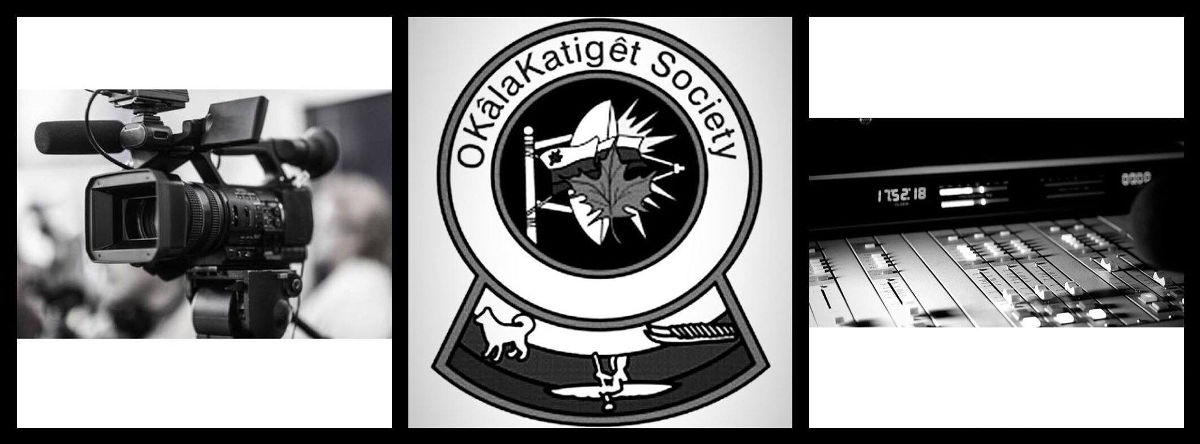The following letter is an opinion of the author, and does not necessarily reflect the opinion of the OKalaKatiget Society:
The residential school legacy represents a scourge on the Indigenous peoples of this land and a deep and permanent scar on the country itself.
It baffles the mind when one tries to fathom the fact that a free and democratic country like Canada could sink so low as to commit these atrocities against groups of people simply because, like Moses said in the Old Testament about the enslavery of the Hebrews, they were of a different race.
Canada will heal from this but it won’t be overnight. Like any healing, it will be a process. Canada’s Indigenous peoples are very strong, and that is borne out by the fact that we still exist and our numbers are growing. We exist despite focused government efforts to “assimilate the natives”. So the recommendation from the Commission for the creation of a National Centre for Truth and Reconciliation should be a first step on the part of the government to begin a reconciliation and healing process. Canada will do that, if the words of the Prime Minster in the Apology on June 11, 2008 mean anything at all.
However, the process of reconciliation cannot be complete in this country so long as another group of people continues to go unrecognized despite the fact that they experienced similar sets of circumstances to the Indian Residential Schools. Many in Newfoundland and Labrador went to Grenfell-run institutions as did their parents before them clearly creating an inter-generational situation. These institutions were located at North West River, the schools at Muddy Bay and in Cartwright, the Moravian-run institutions at Nain and Makkovik as well as the Orphanage in St. Anthony. They were all part of a residential school-type environment that had as its basis, the removal of young children from their families along the coast of Labrador and in parts of Newfoundland, school year after school year, for years on end.
When Justice Iacobucci negotiated the billion-dollar settlement, he came up with what was termed the “common experience payment.” That applied to every student who was taken from his or her family, housed in a dormitory and went to schools outside their community. That was what was referred to as the common experience and there was a dollar figure attached to it. Survivors who went to those schools were all entitled to that, without being subject to strict evidentiary rules. For those who suffered abuse such as mental, physical and sexual, further resources were allocated and larger settlements provided.
This is what happened in Labrador and parts of Newfoundland. Anyone who tends to deny this is being willfully blind.
But it is more than just about money. There are stories that need to be told so as a healing process can also begin for the people of Labrador and Newfoundland, who have also had their childhoods interrupted only to be raised by strangers. That happened to me and my siblings in the 1950’s and 60’s, and even a generation after me, since the dorm did not close in North West River until the early 70s.
Where is our recognition? Where is the commitment to start a healing process for us? Are we relegated to having to tell our stories in the adversarial environment of a courtroom?
I believe it is time our Aboriginal organizations in Newfoundland and Labrador, came together with the Government of Newfoundland and Labrador, and offered us a Truth Commission that is “Made here in Newfoundland and Labrador”. A process that is friendly and welcoming to survivors of those institutions. Real leadership can be shown here on the part of the Provincial Government, the Nunatsiavut Government, the Innu Nation, NunaTukavut, the Qalipu First Nation and Miawpkukek First Nation. They should open discussions with each other, with a view to setting up such a commission. I believe it is their duty to do so.
Surely the intergenerational trauma caused by the education system in Labrador and Newfoundland, that wreaked havoc on families in our part of the world, deserves to have its story told as well. We are Canadian citizens, we have rights and we look to our Aboriginal governments and the provincial government now for leadership, and to do what is right.
William H. Flowers
Amherst
Nova Scotia
